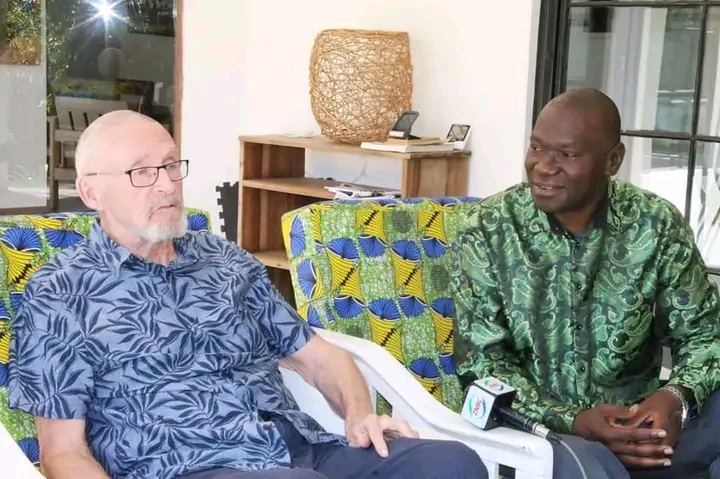
FAKE NEWS ONLINE HELPING TRADITIONAL MEDIA REMAIN RELIABLE NEWS SOURCE: CASE OF DR. SCOTT DYING, ANTHONY BWALYA RESIGNING
FAKE NEWS ONLINE HELPING TRADITIONAL MEDIA REMAIN RELIABLE NEWS SOURCE: CASE OF DR. SCOTT DYING, ANTHONY BWALYA RESIGNING
Two days ago, there was fake news that former Vice President Guy Scott died.
There was another fake news story that Deputy High Commissioner at the Zambian Mission in Tanzania, Anthony Bwalya, resigned.
Let me provide you with information about cyberbullying laws and the handling of fake news in Zambia.
In March 2021, Zambia passed the Cyber Security and Cyber Crimes Act, which significantly reforms the government’s approach to online content.
This law has implications for online speech, anonymity, privacy, and information security.
The government has also expressed its intention to address fake news producers and spreaders, considering it a danger to national security and development.
Legal Consequences for Publishing Fake News in Zambia:
In the past, Zambia had provisions in its Penal Code that criminalized the publication of false news.
However, a significant legal development occurred in 2014 when the High Court declared that section 67 of the Penal Code, which prohibited the publication of so-called “false news,” was unconstitutional.
The case involved McDonald Chipenzi, Richard Sakala, and Simon Mwanza, who were charged with publishing a false article with the intent to cause fear and alarm or disturb public peace.
The court ruled that this provision violated the freedom of expression guaranteed by the Zambian Constitution.
Fake News Impact on Traditional Media Trust:
Contrary to popular belief, the rise in fake news has not significantly eroded trust in traditional media.
Ogilvy’s annual survey of reporters and editors found that traditional media remains one of the most trusted news sources globally.
Over half of journalists worldwide consider traditional media reliable.
Social media platforms, such as Facebook and Twitter, play a crucial role in spreading fake news.
However, this phenomenon has led to increased reliance on reputable news outlets. Consumers recognize the need for accurate reporting and comprehensive fact-checking.
While fake news challenges traditional media, it also underscores the importance of authentic, verified news sources.
Journalists are adapting their reporting methods to combat misinformation and maintain credibility.
As we navigate the digital age, let’s focus on supporting one another, promoting authentic information, and building strong relationships as Zambians.
In summary, Zambia has taken steps to address cyber threats and crimes, but it has also been cautious about balancing freedom of expression and combating misinformation.
Fake news challenges traditional media but also reinforces the need for reliable reporting.
Responsible journalism,
fact-checking, and societal resilience are essential in combating misinformation. Let’s strive for a balanced media landscape that fosters trust and informed decision-making.
About the Author:
Bangwe Naviley Chisenga is a Zambian Convergent Freelance Journalist, Ex – Diplomat and Communications Consultant trained at Sharda University in India.